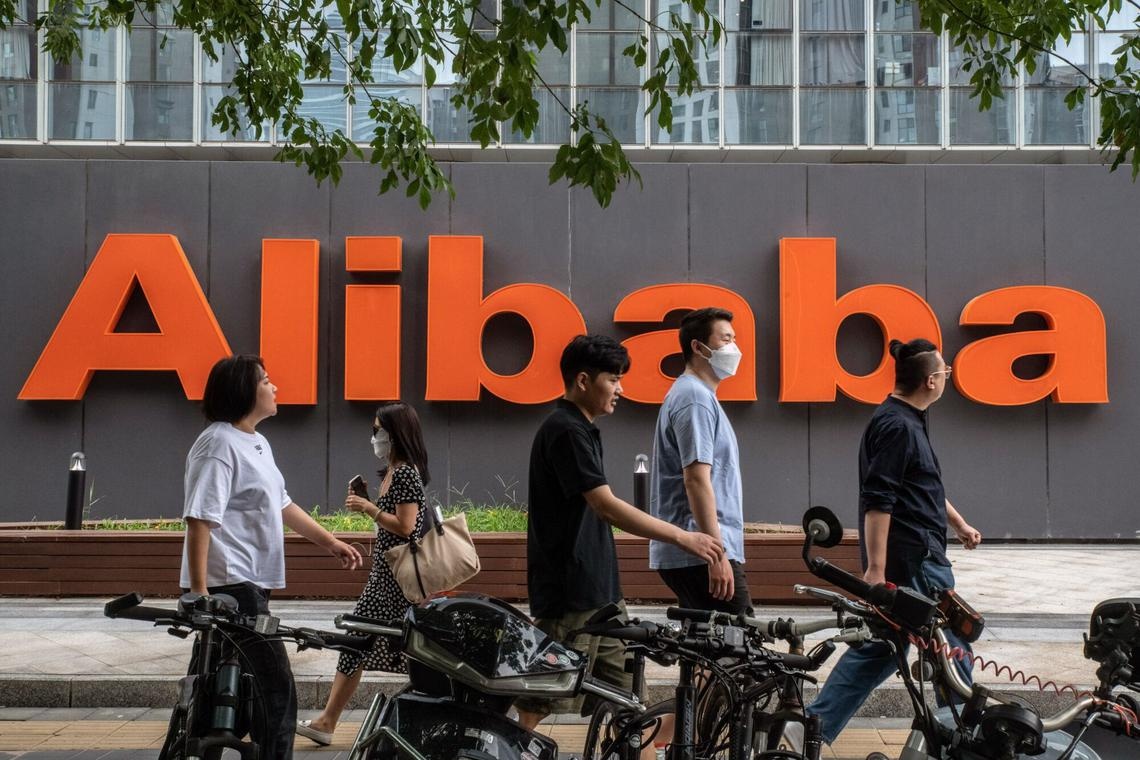
On a sunny Saturday afternoon in the Liangzhu suburb of Hangzhou, dozens of young people gathered in the backyard of a house, watching a presentation of technology ideas. The scene is reminiscent of presentations in Silicon Valley, but it has become a familiar atmosphere in China's so-called “AI capital.”
The meetup was organized by Felix Tao, a former Facebook and Alibaba employee who left Alibaba's AI lab to found the startup Mindverse in 2022. His home is now a popular destination for a community of young programmers who call themselves “villages.”
They coded in coffee shops during the day and played games together at night, all the while dreaming up an AI product that would make them China's next founders.
AI Dream
Liangzhu has become a microcosm of Hangzhou's rapidly emerging startup ecosystem. The city is home to not only major corporations such as Alibaba, NetEase, and Hikvision, but also hundreds of fledgling AI companies. The presence of large enterprises and cheap rents have helped Liangzhu attract ambitious young people.
The atmosphere here creates a tech community with a strong sense of local creativity. Lin Yuanlin, founder of Zeabur, said he settled in Liangzhu because it was “the perfect testing ground” for his AI product aimed at non-coders. He could easily reach out to the nearby startup community for feedback, even in a coffee shop or a neighbor's living room.
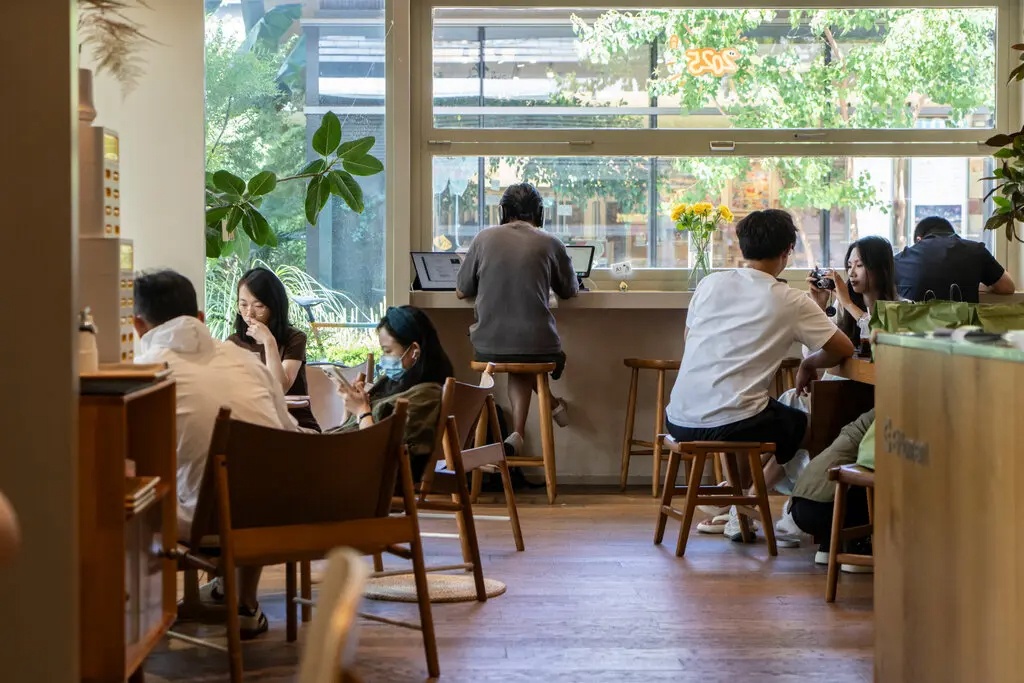 |
Many young Chinese people choose cafes to present their startup ideas. Photo: New York Times . |
As China battles the United States for global technological supremacy, AI has become a strategic priority. In Hangzhou, AI models from DeepSeek and Alibaba have quickly become among the world's top-performing open-source models, according to many experts. In January, DeepSeek made headlines when it unveiled an advanced AI system that costs a fraction of the development costs of Western models.
The talent pool here mainly comes from Zhejiang University, where many AI founders and engineers studied. Graduating from this school seems to be a "passport" to enter leading technology companies in China. Domestic media reported that Xiaomi approached and recruited a key member of the DeepSeek team, showing the growing appeal of engineers from the Hangzhou ecosystem.
A number of other prominent startups in the region, dubbed the “Six Tigers of Hangzhou” by the media, are making inroads in both domestic and international markets. Game Science, one of the six, has released the mega-budgeted game “Black Myth: Wukong,” which has been a global success. Meanwhile, robotics company Unitree has attracted attention for its dancing robot performance at a spring festival on state television.
New startup land
Mingming Zhu, founder of AI-integrated eyewear company Rokid, shared that he received support from the local government since the early days of his startup.
"When we first started, we were just small fish. But the government helped a lot," Zhu said, adding that the government helped him connect with many of his early investors, including Alibaba founder Jack Ma.
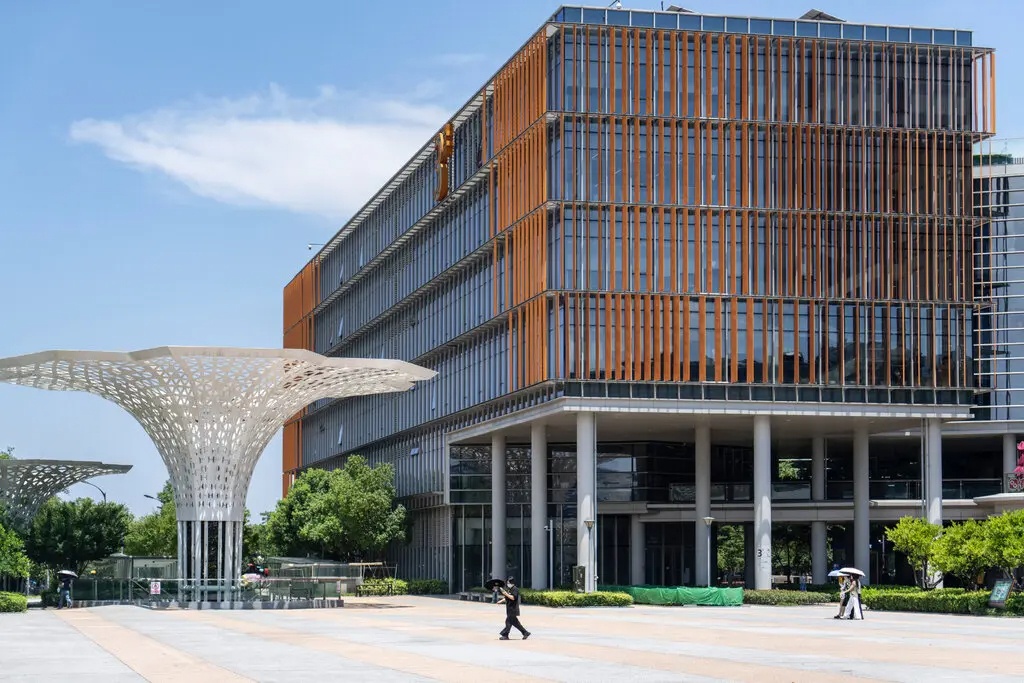 |
Alibaba headquarters in Hangzhou city. Photo: New York Times . |
But not all founders believe government support is a surefire advantage. Some, speaking on condition of anonymity, said they had trouble raising money from foreign venture capital funds because they were concerned about the level of government interference. Others worry about the risk of a similar ByteDance-like investigation by the US government into its possible ties to the government.
A major challenge to China's AI development is access to advanced computer chips, which are essential for training modern AI systems. The US government has imposed a number of controls to restrict Chinese companies, including blocking purchases of chips from Nvidia and AMD. Companies like Huawei and SMIC are trying to accelerate domestic chip production but are still limited in performance and scale.
However, many Chinese companies have stockpiled large quantities of Nvidia chips before the ban. Some tech giants like ByteDance can still deploy AI products domestically. However, the ability to maintain supply in the medium and long term is still a big question mark, as the technology gap between China and the US has not been significantly reduced. In this context, many companies are having to adjust their strategies, from international expansion to focusing on the domestic market.
Difficulties intertwined
The dilemma has left tech founders with a choice between taking state funding or trying to raise foreign capital to set up shop in a neutral market. For most of Liangzhu's fledgling startups, the former is the only viable option at the moment.
Meanwhile, building autonomous AI systems is becoming a popular trend in Hangzhou. Qian Roy is a founder who is building an AI application called All Time, using models from DeepSeek, Alibaba, and the US-based Anthropic. His product responds to users' emotions, based on the Myers-Briggs personality test, which is popular with young Chinese.
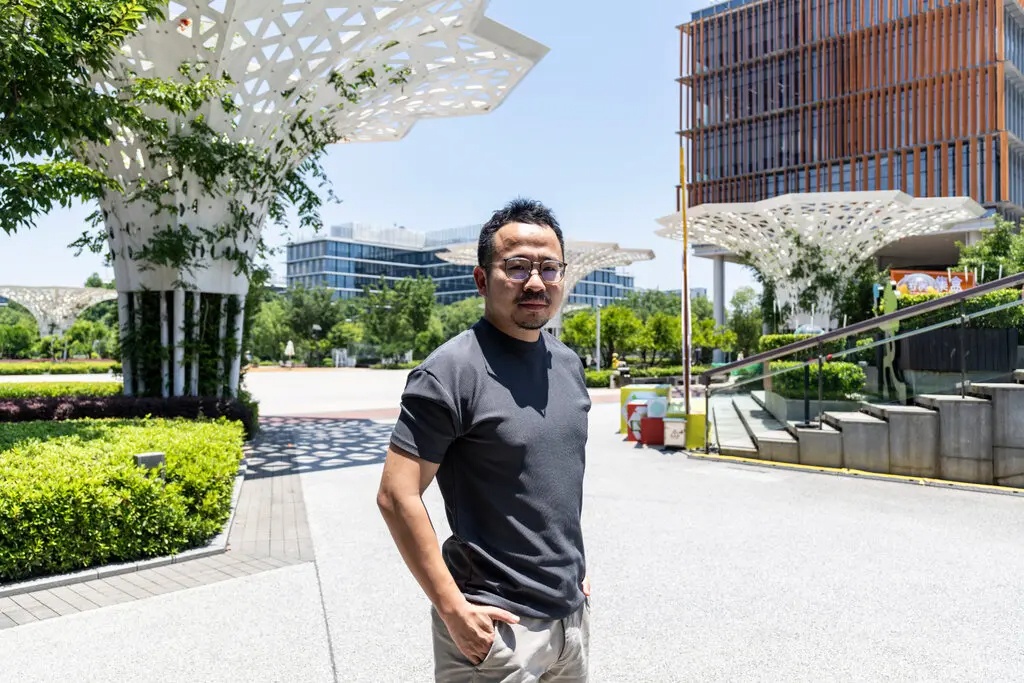 |
Felix Tao, founder of Mindverse. Photo: New York Times . |
Back at Mindverse, Felix Tao's startup is developing a personalized AI that helps users optimize daily activities like sending emails or messages to loved ones without direct intervention.
“I don't want AI to just handle work. Mindverse can provide more space for us to get rid of our dependence on technology soon,” said Felix Tao.
In Liangzhu, a spirit of exploration , experimentation, and community is at the heart of a wave of indigenous AI. Despite many obstacles, from chip controls to funding constraints, young people here are constantly searching for a path to write the next chapter in China's tech sector.
Source: https://znews.vn/bi-mat-dang-sau-thu-phu-ai-tai-trung-quoc-post1566574.html




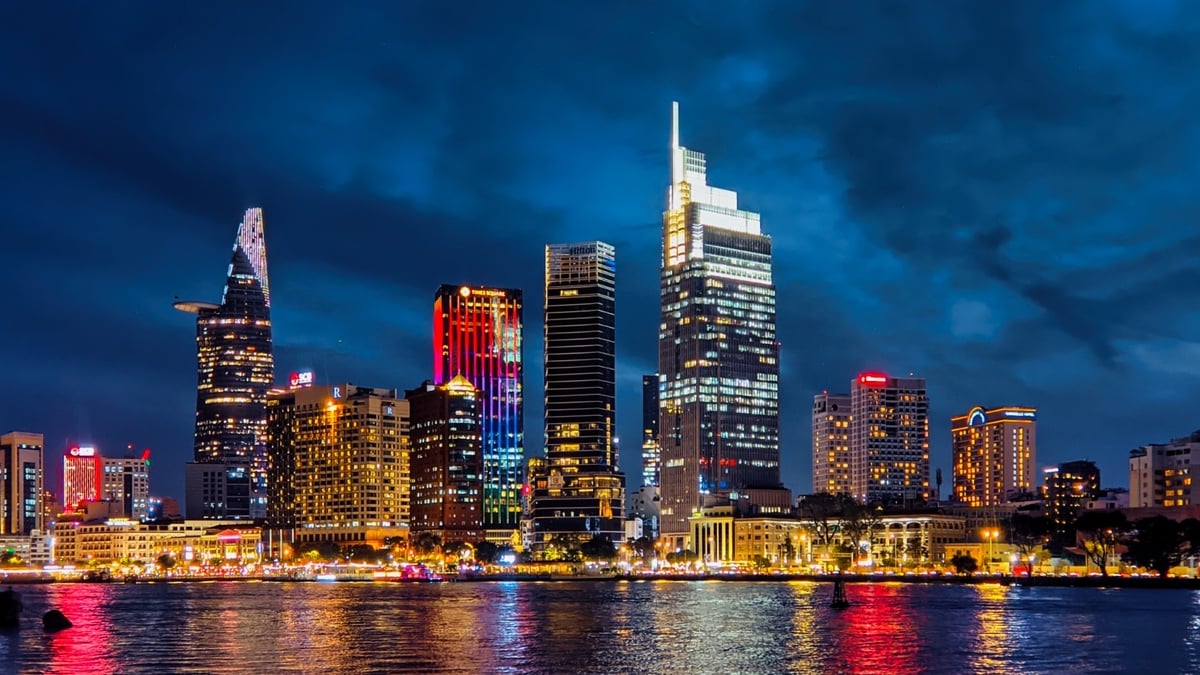





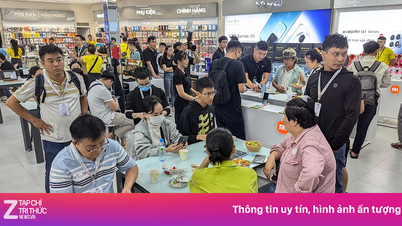


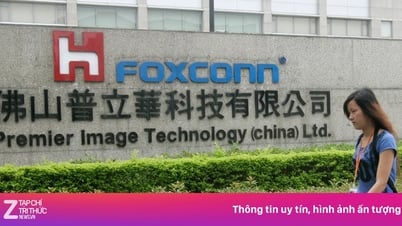




























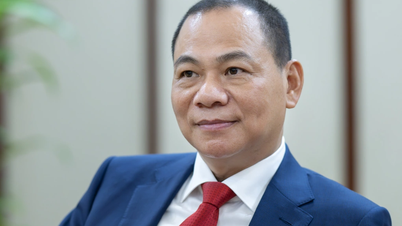









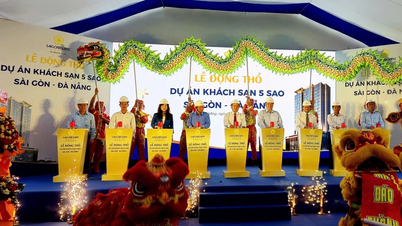
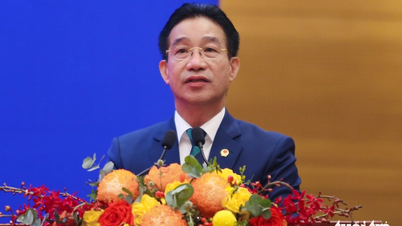




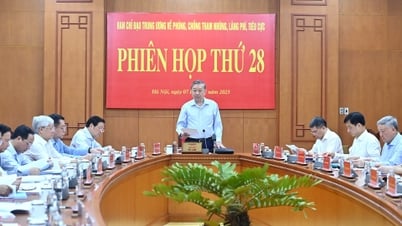

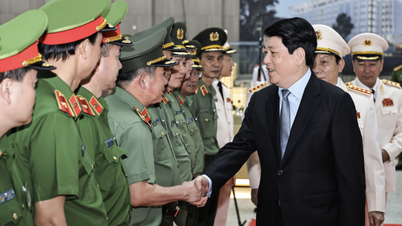
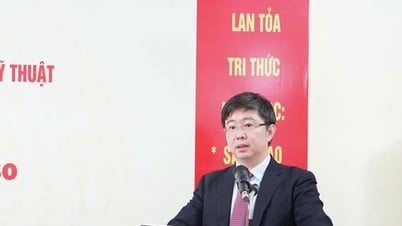



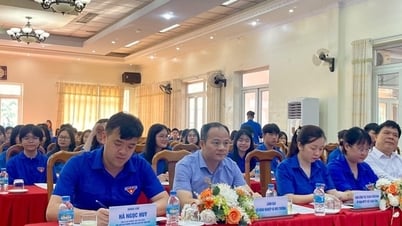
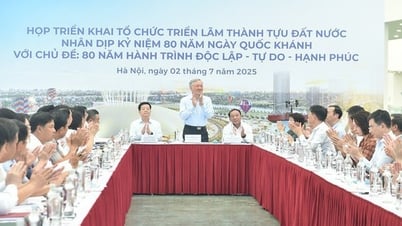


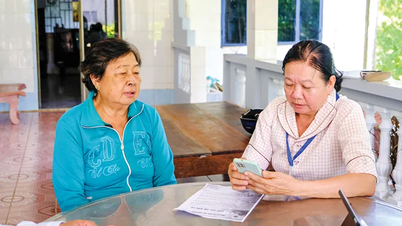



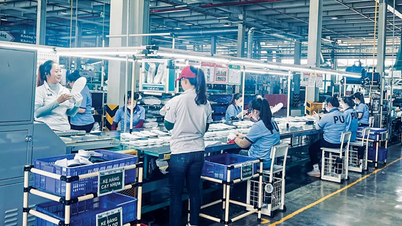


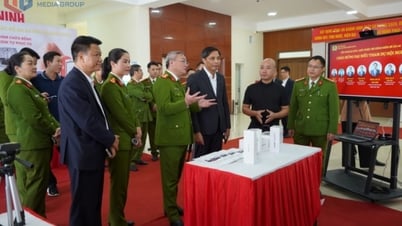
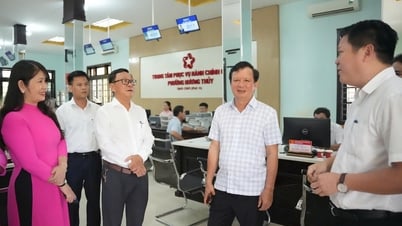












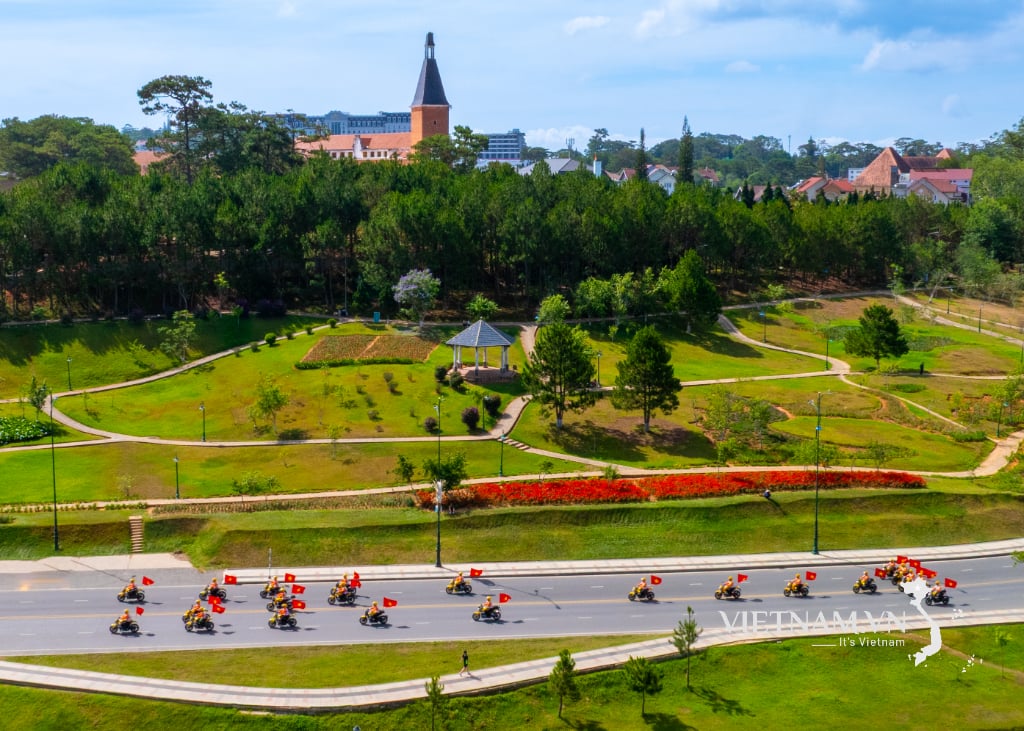

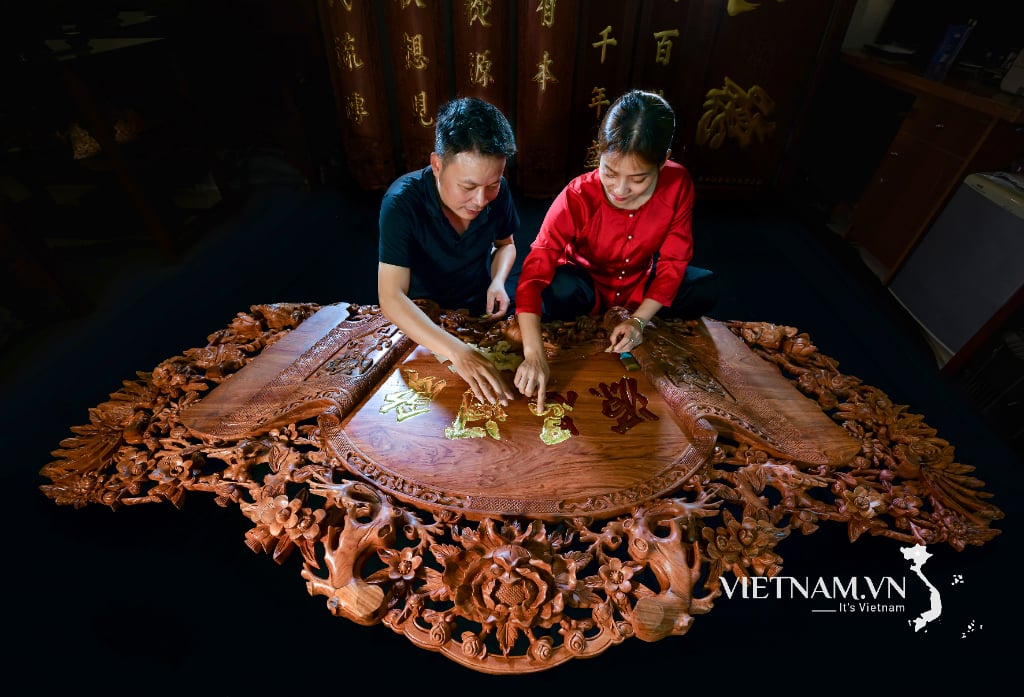

Comment (0)